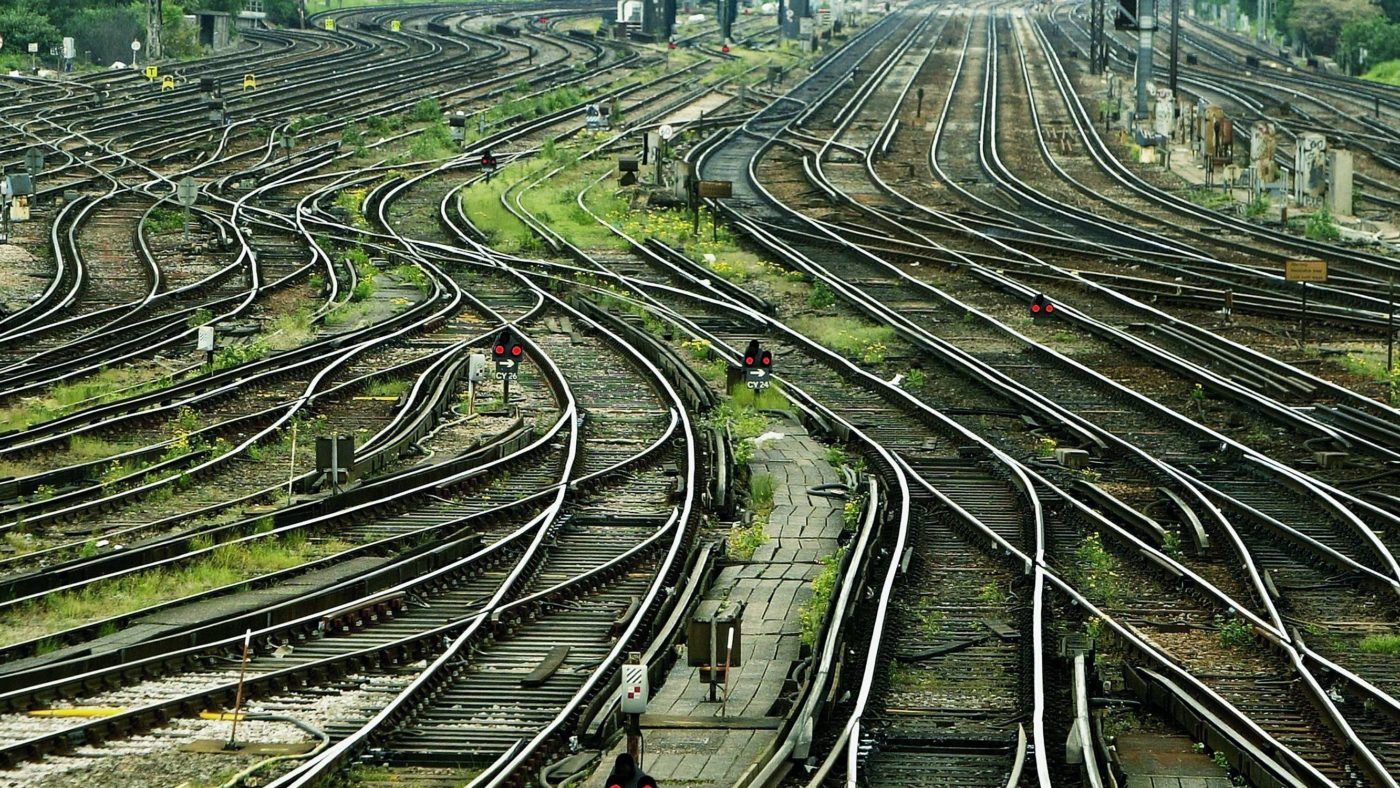This year, as every year, the New Year has been accompanied by a chorus of whining about how the price of rail tickets has gone up again.
The Campaign for Better Transport called the latest rises a “kick in the teeth” for passengers. Railfuture accused the Government of acting like Blue Meanies. Transport Focus called for a price freeze, while Action for Rail insisted that British passengers are paying six times as much as Europeans. All were in agreement that passengers are being asked to pay far too much.
But there’s an argument to make – an overwhelming one, in fact – that train tickets in the UK, and even in the South-East, aren’t too expensive, but too cheap. It’s an argument that has nothing to do with privatisation – in fact, it would still be true if the whole system were nationalised again.
In a recent interview, Paul Plummer of the Rail Delivery Group, which represents train operators and Network Rail, said: “With passenger numbers doubling in the last 20 years, money from fares now almost covers the railway’s day-to-day operating costs.”
In other words, the rise in ticket prices in recent is the result of a specific, deliberate and entirely correct policy decision: that those who travel on the iron roads should pay the costs of their own damn choices.
So yes, it is true that rail fares in Britain are higher than in most other places in Europe. It is also true that the costs of running the railways are largely the same across Europe.
The difference is that in other countries, the general taxpayer has to subsidise those travellers as they sit nice and warm in their carriages. Here, the passenger pays the cost of being a passenger.
Which, of course, is right and proper – you do not pay through your taxes for my shoe leather if I walk to work, my energy expenditure if I cycle, or my petrol if I drive. So why should you pay for me to be in a comfy seat, or crammed into the aisles, as the train takes the strain?
In fact, fares still don’t cover the full cost of the journey – because they only pay for the running costs of the railways, not the capital costs. Which suggests that prices are actually still too low.
The rail system should, as any system should, cover its costs from the voluntary payments of those who wish to use it. All that is happening here is that rail users are being confronted with the real costs of their choices, or something approaching them.
And if they were confronted with the full and true expense – for infrastructure as well as operational costs – perhaps they would realise that an integrated transport system isn’t such a cheap option after all.
What these annual moans boil down to, in other words, is rail passengers complaining about being told to pay for their chosen form of transport. I’d be sympathetic – if it weren’t for the implicit demand that those of us who don’t use the trains should cough up instead.
To which the correct response is that Anglo-Saxon thing with the waving of the two fingers. You pay for yourself, matey.


